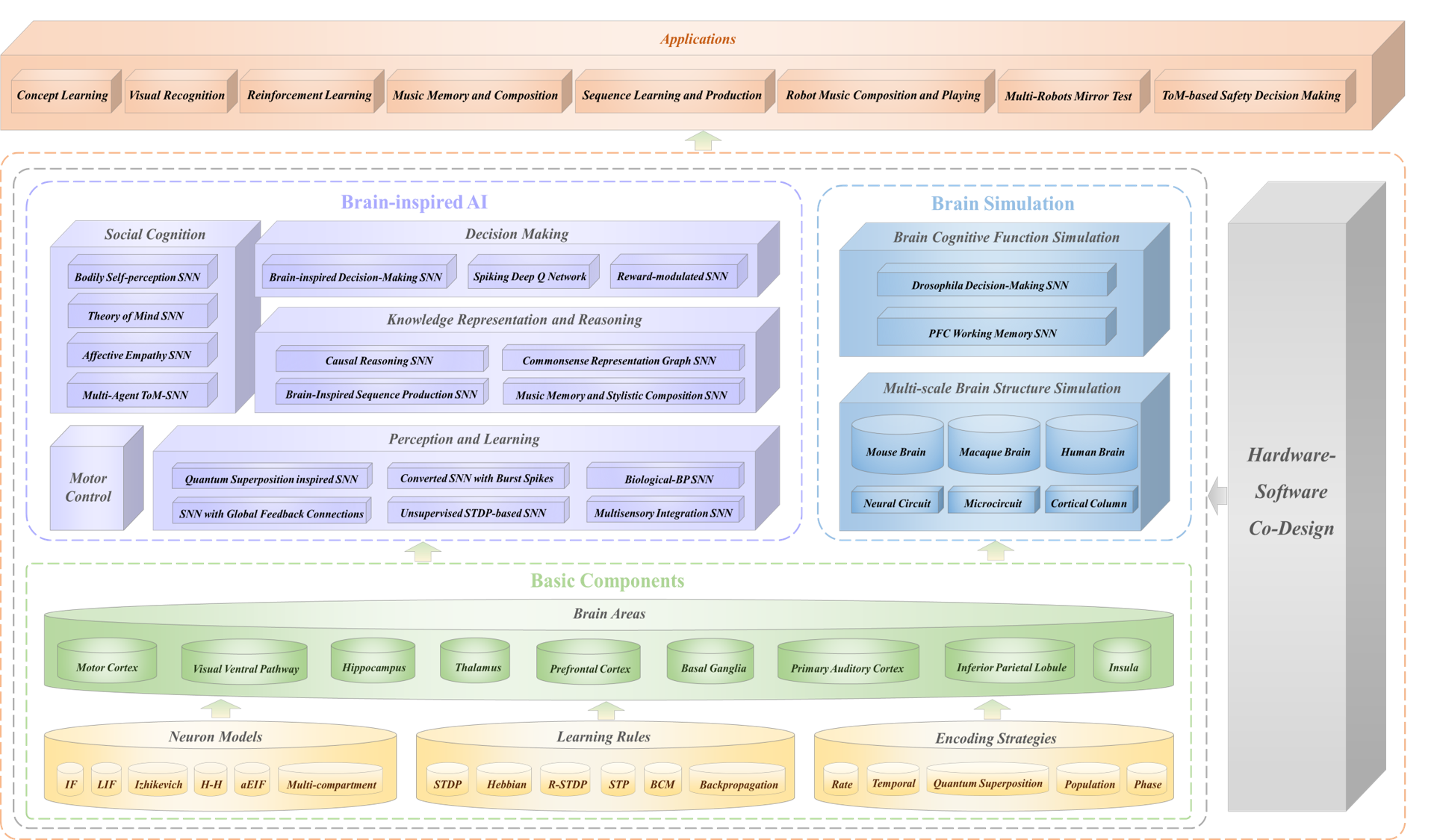About
I am a Senior Research Fellow and the Director of the AI Safety Research Center at Beijing-AISI. My work integrates brain-inspired intelligence with AI safety & alignment, focusing on embedding human moral and ethical values into large language models through both internal alignment and external oversight. In the short term, I develop secure, hardware–software co-designed platforms for safe and efficient deployment. Long term, my goal is to build real intelligence: brain-inspired systems with intrinsic safety and genuine cognitive abilities.
Contact
Email: dongcheng.zhao@beijing-aisi.ac.cn
Prospective students: include a short bio and links to code/publications. Typical response time: 1–2 weeks.
Education
Ph.D., CAS Institute of Automation (supervised by Prof. Yi Zeng)
B.Sc., School of Math & Stats, Xidian University
News
Awards & Honors
- 2023 Cell Press China Paper of the Year Award (Interdisciplinary Science)
- 2022 Cell Press China Paper of the Year Award (Interdisciplinary Science)
Selected Publications
Grants & Projects
Research Projects
PANDAGUARD
PandaGuard structures LLM safety evaluation as an interactive system with Attackers, Defenders, and Judges. It supports plug-and-play algorithms, multiple inference backends, and flexible human-in-the-loop interfaces.

Spiking Transformer Evaluation Platform (STEP)
STEP reproduces state-of-the-art Spiking Transformer models and offers a unified pipeline for classification, segmentation, and detection. It enables fair, reproducible comparisons with energy modeling and easy extensibility.

Brain-inspired Cognitive Intelligence Engine (BrainCog)
BrainCog is an open-source SNN-based cognitive intelligence engine for brain-inspired AI, embodied AI, and brain simulation, supporting large-scale spiking computation and neuro-symbolic components.

Open Positions
I'm looking for highly motivated students and collaborators in:
- LLM Safety & Alignment: red-teaming, defense, safety–utility tradeoffs
- Brain-inspired & Neuromorphic AI: spiking transformers, energy-efficient learning
- Multimodal Learning: representation learning, alignment, dataset/benchmark design
How to apply send an email with a short bio (1–2 paragraphs), and links to representative code/papers or GitHub/Google Scholar. If available, include a transcript or project portfolio. Please include “[Application] YourName – Topic” in the subject.
Professional Service
- Program Committee / Reviewer: IJCAI, AAAI, ICML, NeurIPS, ICLR
- Journal Reviewer: IEEE TNNLS, IEEE TIP, IEEE TETCI
- Open-source: Core contributor to PandaGuard, STEP, BrainCog
Contact
Email
dongcheng.zhao@beijing-aisi.ac.cn
Affiliation
Beijing-AISI — AI Safety Research Center
Links